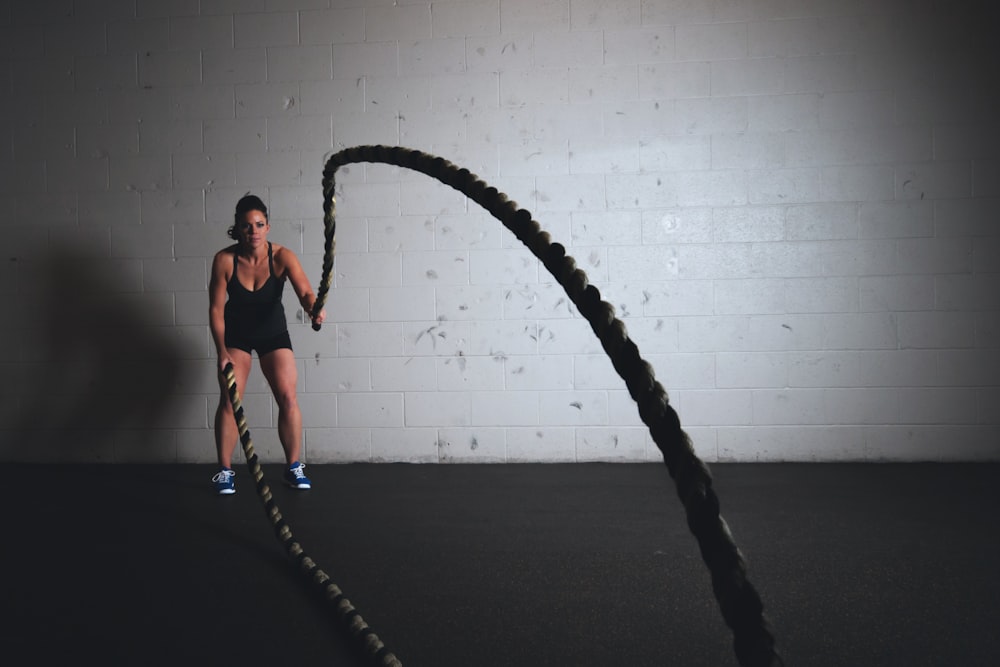
Building Mental Resilience: Key to Athletic Health Success
Competitive athletics demand more than physical prowess; they require mental resilience to navigate challenges, setbacks, and the pressures of performance. Developing mental resilience is not only essential for success in sports but is also a crucial aspect of overall athletic health.
Understanding Mental Resilience in Athletics
Mental resilience in athletics refers to an athlete’s ability to adapt positively to adversity, bounce back from setbacks, and maintain focus and motivation despite challenges. It involves cultivating a strong mindset that can withstand the pressures of competition, injuries, and external expectations.
Mind-Body Connection and Athletic Performance
The mind and body are interconnected, and an athlete’s mental state significantly influences their physical performance. Mental resilience plays a pivotal role in optimizing the mind-body connection. Athletes with strong mental resilience can better regulate emotions, maintain concentration, and make effective decisions during competition.
Embracing Challenges as Opportunities for Growth
One hallmark of mental resilience is the ability to view challenges as opportunities for growth. Rather than being deterred by setbacks, resilient athletes see them as chances to learn, adapt, and improve. This mindset shift fosters a continuous cycle of development and contributes to long-term success in athletics.
Goal Setting and Visualization Techniques
Setting clear and realistic goals is a fundamental aspect of building mental resilience. Athletes who establish specific, measurable, achievable, relevant, and time-bound (SMART) goals provide themselves with a roadmap for success. Visualization techniques, where athletes mentally rehearse success scenarios, further strengthen their belief in their capabilities.
Mindfulness and Stress Reduction Strategies
Incorporating mindfulness practices into training routines helps athletes manage stress and enhance mental resilience. Techniques such as meditation, deep breathing, and progressive muscle relaxation contribute to emotional regulation and a calm, focused mind. These practices become valuable tools during high-pressure situations in competition.
Building a Supportive Team Environment
Athletes don’t operate in isolation; they are part of a team. Building a supportive team environment fosters mental resilience. Teammates, coaches, and support staff contribute to a positive atmosphere where athletes feel valued, understood, and encouraged. This sense of belonging enhances an athlete’s mental well-being.
Learning from Setbacks and Failures
Resilient athletes view setbacks and failures as integral parts of their journey rather than insurmountable obstacles. Analyzing what went wrong, learning from mistakes, and using failures as stepping stones to improvement are key aspects of building mental resilience. This adaptive mindset ensures that setbacks become opportunities for future success.
Seeking Professional Mental Health Support
Just as athletes prioritize physical health, mental health should not be overlooked. Seeking professional mental health support, such as working with a sports psychologist or counselor, can provide athletes with tools to cope with stress, manage expectations, and build mental resilience tailored to their individual needs.
Balancing Intensity with Rest and Recovery
While intensity is crucial in athletic training, mental resilience also involves recognizing the importance of rest and recovery. Overtraining and constant high-pressure situations can lead to mental fatigue. Balancing intense training with periods of rest ensures that athletes can maintain mental resilience over the long term.
To delve deeper into the importance of Mental resilience in athletics health, visit healthcares.my.id for valuable insights and resources. Building mental resilience is not just a pathway to success in athletics; it is a fundamental aspect of overall health and well-being for athletes at every level.














